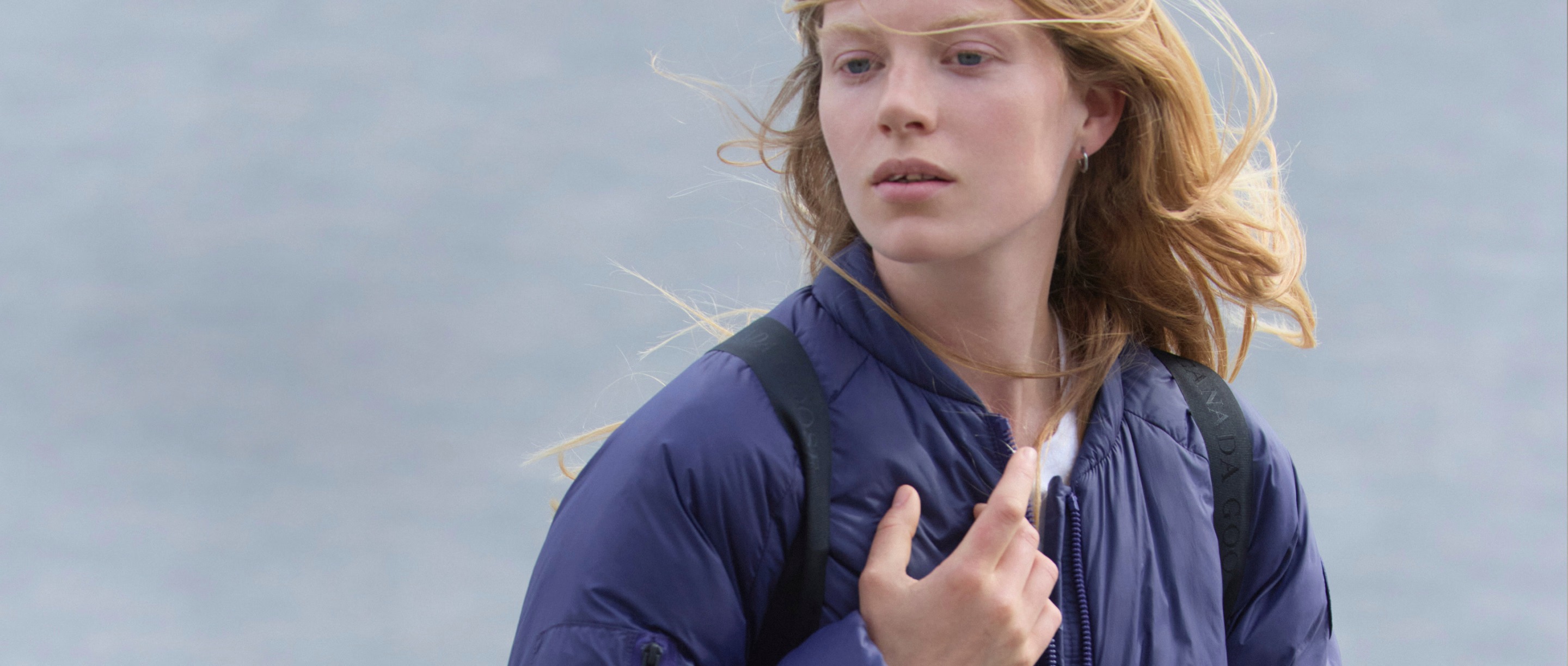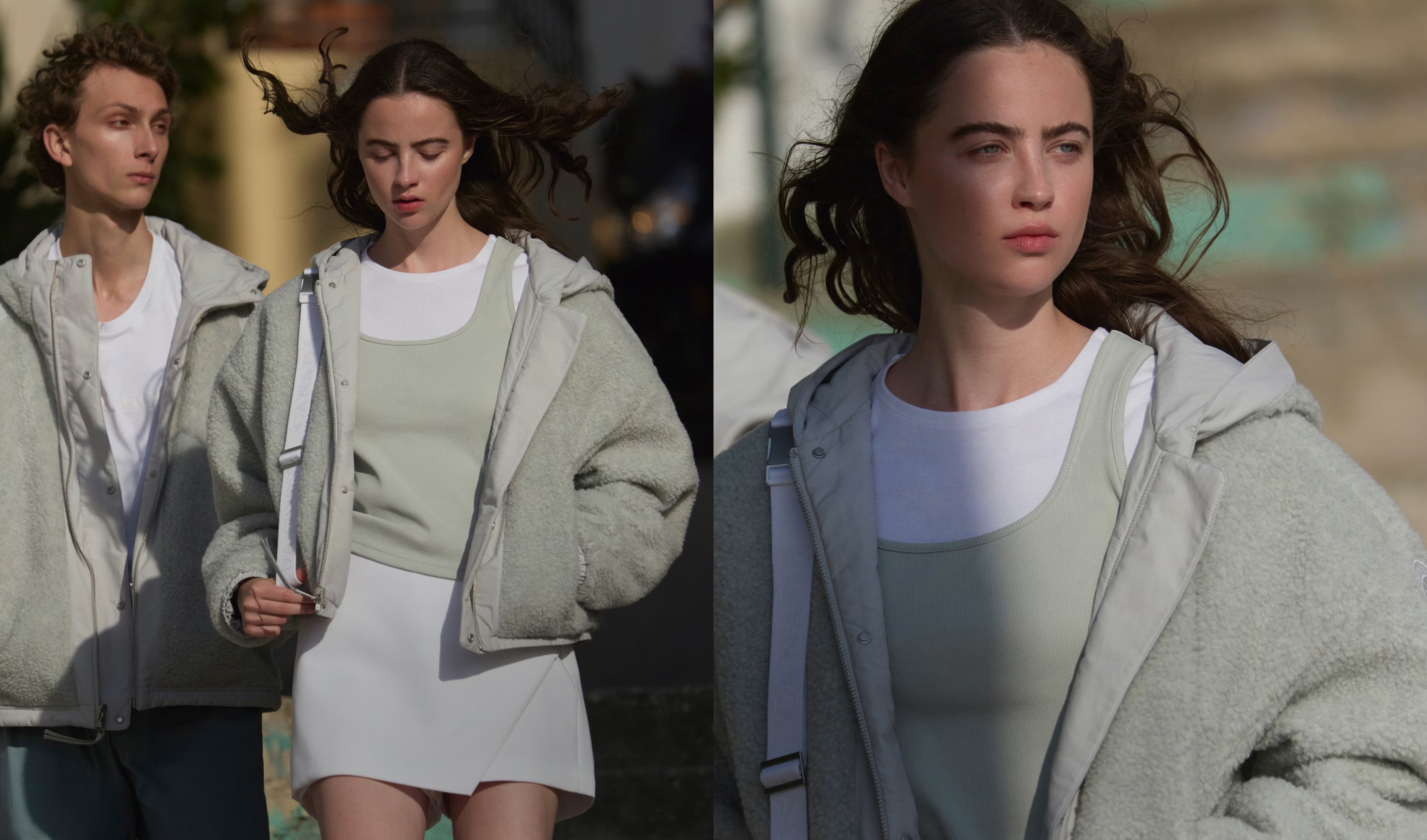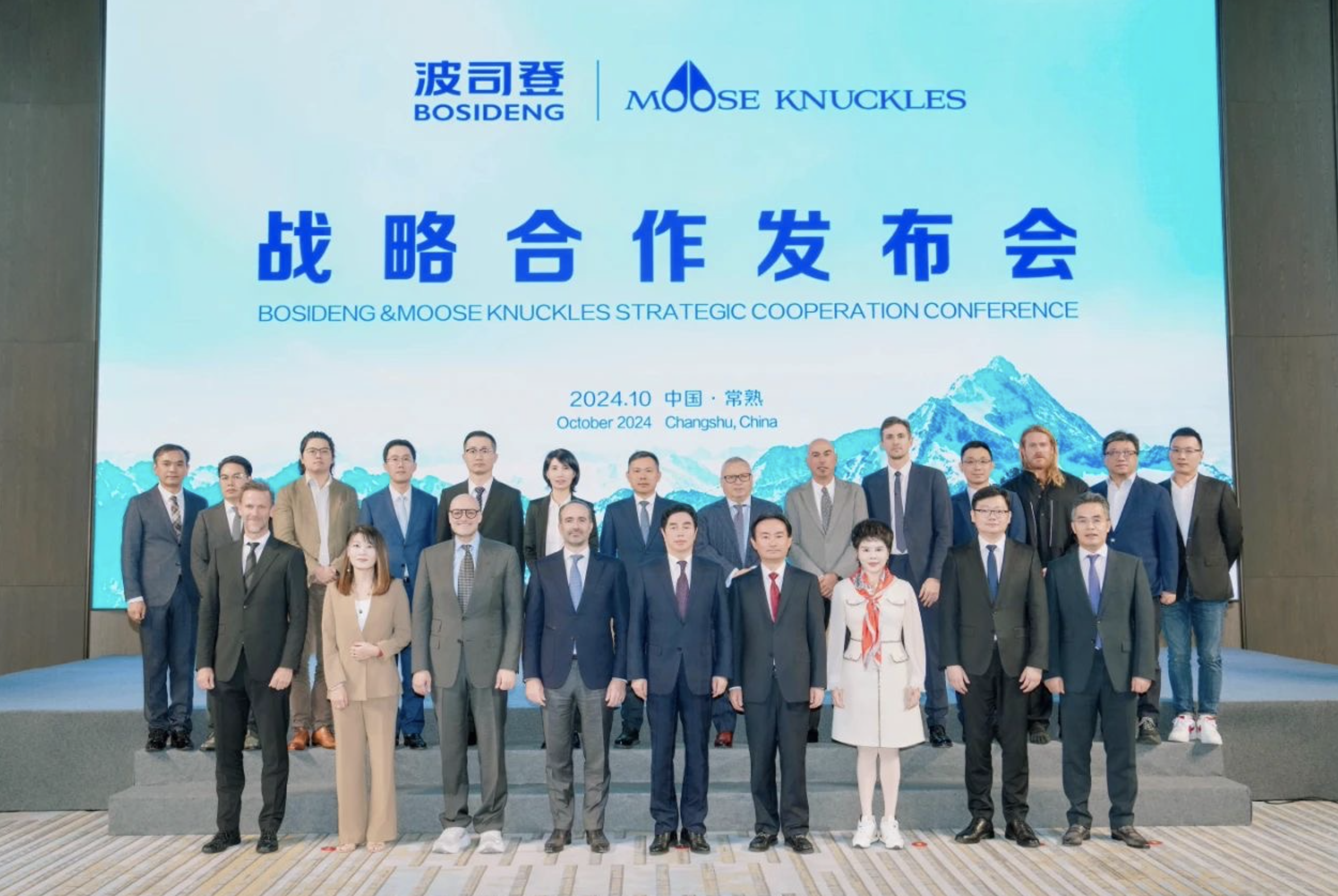Following reports in July that Bain Capital, the controlling shareholder of Canadian high-end performance apparel brand Canada Goose, was considering selling part or all of its stake, the potential sale has now reached a critical stage.
According to sources cited by CNBC, Bain Capital has received multiple acquisition offers, with valuations estimated at around USD 1.35 billion.
Sources reveal that several private equity firms and apparel companies—many of them from the Chinese Mainland—have expressed interest in acquiring the brand:
-
Global private equity firm Advent International and China-focused Boyu Capital have made verbal offers. Their valuations are based on eight times Canada Goose’s average EBITDA over the past 12 months, totaling approximately USD 1.35 billion.
-
Other potential buyers include Chinese down apparel group Bosideng (HK:03998).
-
Another key bidder is a consortium formed by private equity firm FountainVest Capital and Chinese sportswear giant ANTA Group (HK:02020), the same team that acquired Finnish sports group Amer Sports in 2019.
Sources indicate that Bain Capital is not expected to make a decision until it receives more bids. Once a buyer is selected, due diligence is anticipated to be completed in under two months, followed by the signing of a formal agreement.
Canada Goose and Bain Capital have declined to comment.

The company currently operates under a dual-class share structure, issuing two types of stock with different voting rights:
-
Multiple Voting Shares (MVS), which are not publicly traded and carry 10 votes per share
-
Subordinate Voting Shares (SVS), which are publicly traded on the New York and Toronto Stock Exchanges and carry 1 vote per share
According to regulatory filings, as of the end of March this year, Bain Capital held 30.87 million MVS, representing 60.5% of total MVS, 31.8% of total equity, and 55.5% of total voting rights.
Bain Capital acquired a majority stake in Canada Goose in December 2013, nearly 12 years ago. A veteran industry insider, who asked to remain anonymous, commented, “This deal is a textbook example of a private equity cycle—acquire a brand, take it public, and now seek to exit.” However, they added that holding the stake for 12 years before exiting is far from an ideal outcome.
As of the close of trading on August 26, Canada Goose’s stock on the NYSE had risen 23.55% year-to-date, pushing its market capitalization to USD 1.18 billion. While this remains well below the USD 7.7 billion peak reached a year after its IPO in 2017, it still represents a substantial return compared to the USD 250 million valuation when Bain Capital acquired control in 2013.

Several industry experts believe privatizing Canada Goose would be a logical move, as it would allow the buyer greater autonomy in driving transformation without the strict financial disclosure requirements imposed on public companies.
According to Canada Goose’s latest earnings report for Q1 of fiscal year 2026, ending June 29, 2025: the company had a strong start to the new fiscal year, with global revenue increasing 22.4% year-on-year to CAD 107.8 million (a 21.5% increase on a constant currency basis), highlighting the brand’s resilience and strategic effectiveness.
However, losses widened. Operating loss grew from CAD 96.9 million in the same period last year to CAD 158.7 million, and net loss attributable to shareholders expanded from CAD 76.1 million to CAD 88.2 million. This includes a one-time financial charge of CAD 43.8 million related to an arbitration case with a former supplier, which contributed to the increased operating and net losses for the quarter.

|Source: CNBC
|Image Credit: Brand official website
|Editor: LeZhi



